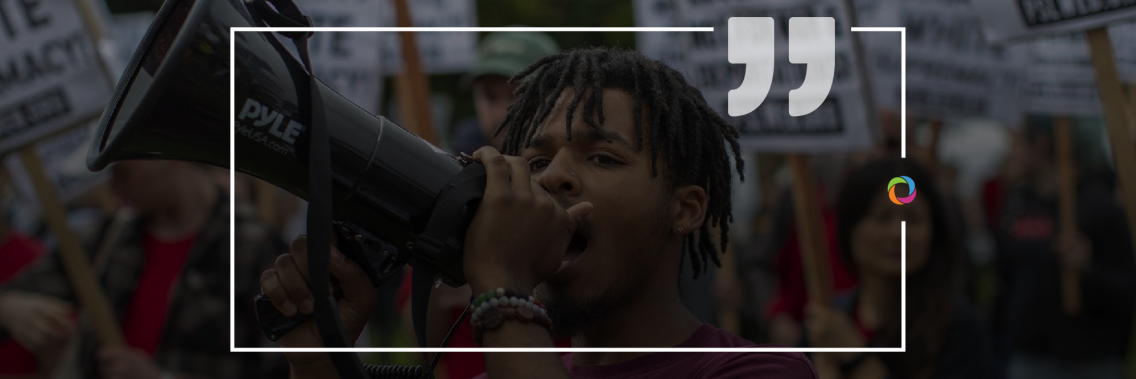Racism is embedded in many structures and power dynamics so, of course, the aid sector is not immune to this. As events unfolded in the US and across the world, the aid sector watched closely and shared its solidarity. Still, the vast majority of head of organization roles and senior positions are held by white people. What can the aid sector do to ensure more leadership positions are held by local representatives? Check what one senior development expert has to say about this.
What can the aid sector do to ensure more leadership positions are held by local representatives?

“For any institution, country or society at large to progress for the better, there needs to be an event, albeit a single spark, that will ignite change when people need it the most. The George Floyd incident in the United States in 2020 and the domino effect of the protests thereafter have shed light on the inherent white superiority not only in policing but in other facets of our lives as well, such as commerce and everyday life. The soul searching for bettering working practices with regard to minorities who are as inseparable as any other dominant group in workplaces, cities and countries has begun in earnest for organizations and governments.
If there is one area of the international dimension of work which should be taking the lead and be at the forefront of this change, it is the aid sector and its development organizations. The aid sector should be the natural vanguard to lead the global paradigm shift to suppress white supremacy in its organizations and firms. It should be allowing for progressive emergence of shared leadership from others, particularly the recipients and hosts of aid programs and activities.
Such a commitment will only materialize when the prevailing predominantly white leadership of the aid sector completely abandons the ethnocentric approach to the recruitment of key personnel in organizations and opts for a holistically inclusive employment policy which is more appreciative of host governments and the people. The upper echelon of aid organization leadership that is occupied by predominately white men and that discriminates against others should make way for a preferential employment policy, particularly at the nerve center of aid decision making and implementation in programs and activities.
If local people are divorced from critical decision making which directly impacts upon them, there is no guarantee that those impacts will be of any value. On the other hand, host governments need to be proactive by insisting on a quota-based leadership approach for aid organizations and projects in their domains to allow for the emergence of local leadership who will eventually take center stage. Unless these proactive initiatives are embraced by the aid community and host governments as a whole, the dominance of white men in the sector will unfortunately reign unabated for a long time”.
Check out more than 90 job opportunities linked to racism here.

